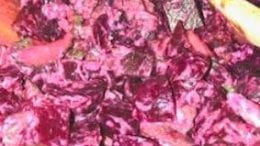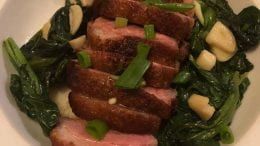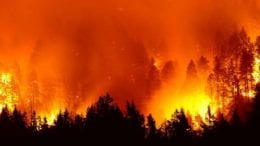Beet Salad (looks less like guts in real life): With blue cheese, kalamata olives, and white wine vinaigrette.
By Jack Schneider-Gersick ’25 Ingredients 6 medium beets, washed, stems removed, unpeeled 20 unpitted kalamata olives, minced 1 wedge stilton cheese Pine nuts White wine vinegar EVOO Salt pepper Method Put an inch of cold water in a large pot and bring to a boil on high heat. When the water is boiling, float a medium metal bowl in the water and place the beets inside the bowl. Turn the heat down to medium, put the lid on the pot and steam until the beets are soft, about 50 minutes. Tip: you can check if beets are soft simply by poking them with a fork. If the fork slides through with little effort, they are ready. If it takes a lot of effort to get the fork through, they need more time Meanwhile, put 2 tablespoons of EVOO and 1 tablespoon of white wine vinegar into a small glass…



